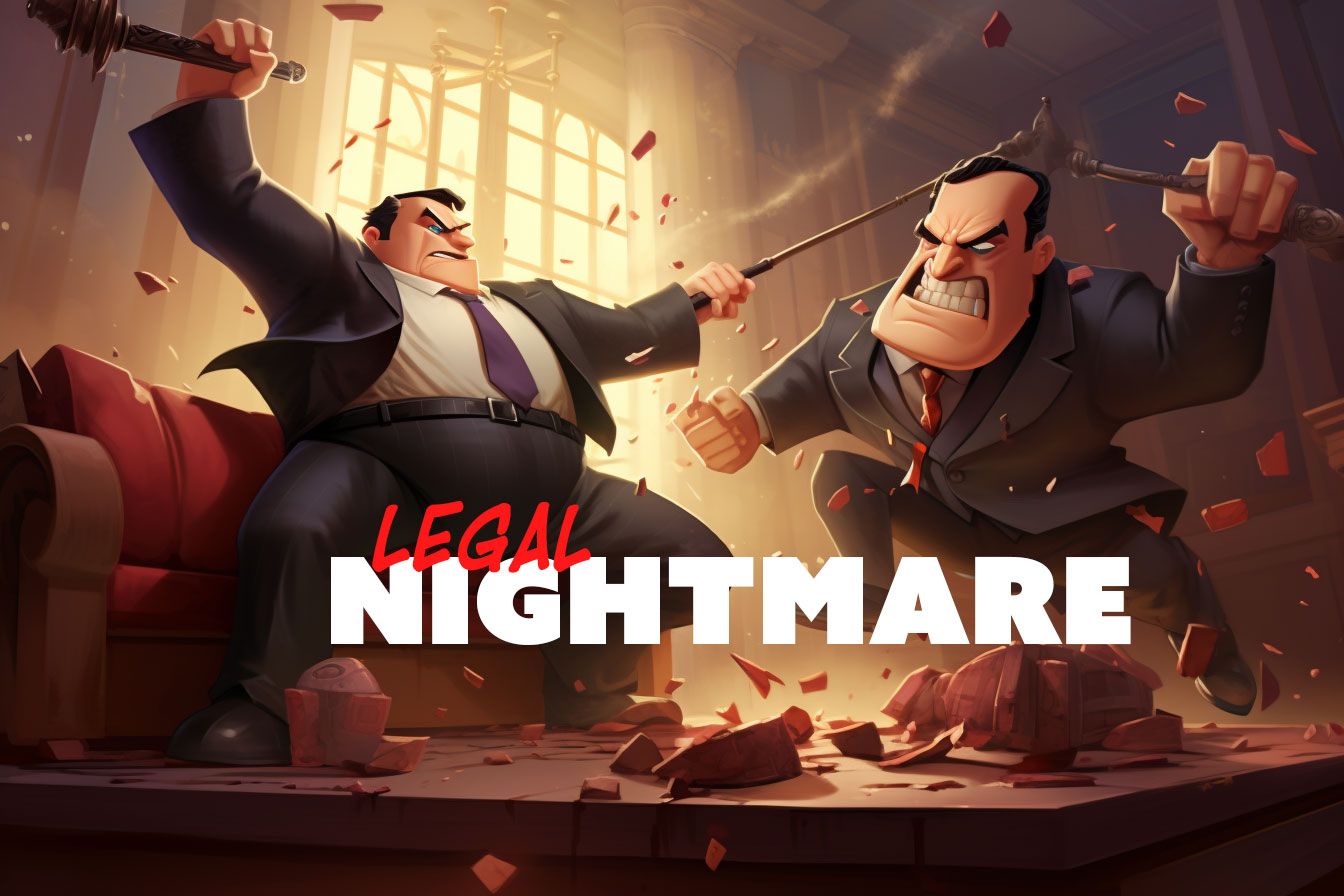
Creative Freedom or Legal Nightmare? Why is AI Art Illegal?
Artificial Intelligence art, or AI art for short, has been shaking up the world of creativity. It has been at the forefront of a digital revolution, sparking debate, admiration, and consternation in equal measure. But there’s a proverbial can of worms lurking beneath the surface:
Why is AI Art Illegal?
The legality of AI art is somewhat ambiguous. Technically, creating AI art isn’t outlawed. However, the legal landscape doesn’t provide clear guidelines on how AI-generated art fits into current intellectual property laws. So, if you’re eager to experiment with AI for your next masterpiece, be aware you’re treading on murky legal ground.
Let’s shed some light on this murky legal landscape and the cases that are defining the future.
Table of Contents
The Legal Minefield
Immerse yourself in the world of AI art and you’ll find a complex tangle of legal issues. Intellectual property laws, copyright infringement, authorship disputes – these are some of the prickly problems emerging from the AI art arena. Our present legal framework, formed long before the age of AI, is having a hard time adapting to creations birthed by artificial intelligence.
Although it’s not explicitly illegal to create AI art, doing so does come with a legal risk, particularly if the art is for commercial purposes.
Pioneering Cases and the AI Legal Frontier
As we struggle to clarify these issues, real-world legal cases involving AI art have begun to hit the courts. Each case casts a new light on the legal labyrinth in its own unique way.
For instance, a landmark case involved an artist claiming that an AI program had ‘stolen’ their style. The case was ultimately settled out of court, but it highlighted the potential pitfalls and legal ambiguities lurking in the world of AI art.
A Mismatch with Current Legal Frameworks?
Taking a step back to view the larger picture, it becomes clear that our current legal system may not be equipped to deal with AI. Laws pertaining to intellectual property and copyright were designed with human creators in mind, not considering works generated by an AI.
This gap in the legal system raises essential questions about authorship, rights, and protection in the sphere of AI art. Do AI programs have rights to their creations? Can an artist claim infringement if an AI program replicates their style? These questions are yet to be answered definitively.

The Future of Stable Diffusion and the Legal Landscape
The inadequacy of our current laws concerning AI art is clear, but the future remains uncertain. Will we witness the birth of new legislation tailored to AI, or will our existing laws evolve to include these new technologies?
Regardless of what the future holds, one thing is evident: As AI art becomes more prevalent, its legality will increasingly come under scrutiny.
For now, walking into the world of AI art is akin to exploring a vast wilderness – exciting, filled with potential, but riddled with unforeseen challenges. Stay tuned as we continue to explore this compelling legal puzzle and dive deeper into the future of AI art. Let’s boldly venture into a realm where no artist – or law – has gone before!

Can Stable Diffusion be used commercially? Short answer? Absolutely, it can. But, it’s not that simple. While the green light is on for commercial use, the road is riddled with legal and ethical speed bumps that could jolt your journey. If you’re interested in commercial applications, you’ll be relieved to know that commercial use of Stable Diffusion is lawful! The model operates under the Creative ML OpenRAIL-M license, which sanctions both commercial and non-commercial use. So go ahead and explore the creative possibilities with Stable Diffusion.
Ethics and Legalities:
- Is Stable Diffusion ethical?
- What is the controversy with Stable Diffusion?
- Does Stable Diffusion steal art?
- Is Stable Diffusion censored?
- Is Stable Diffusion stealing images?
- What is the bias of Stable Diffusion?
- Is Stable Diffusion legal?
- Are AI artists really artists?
- Why is AI art illegal?
- Does AI art rip off artists?
- Can Stable Diffusion be used commercially?
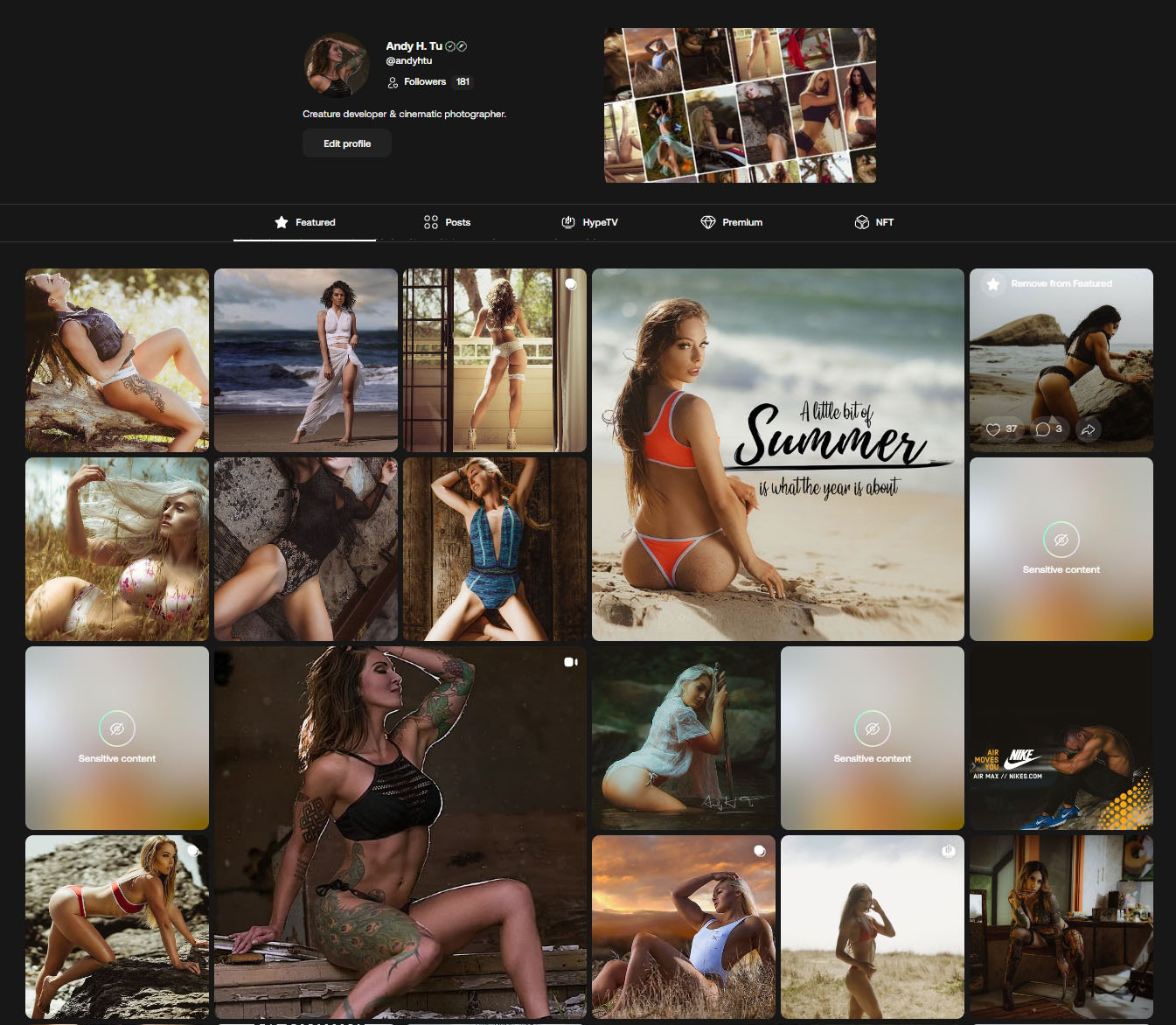
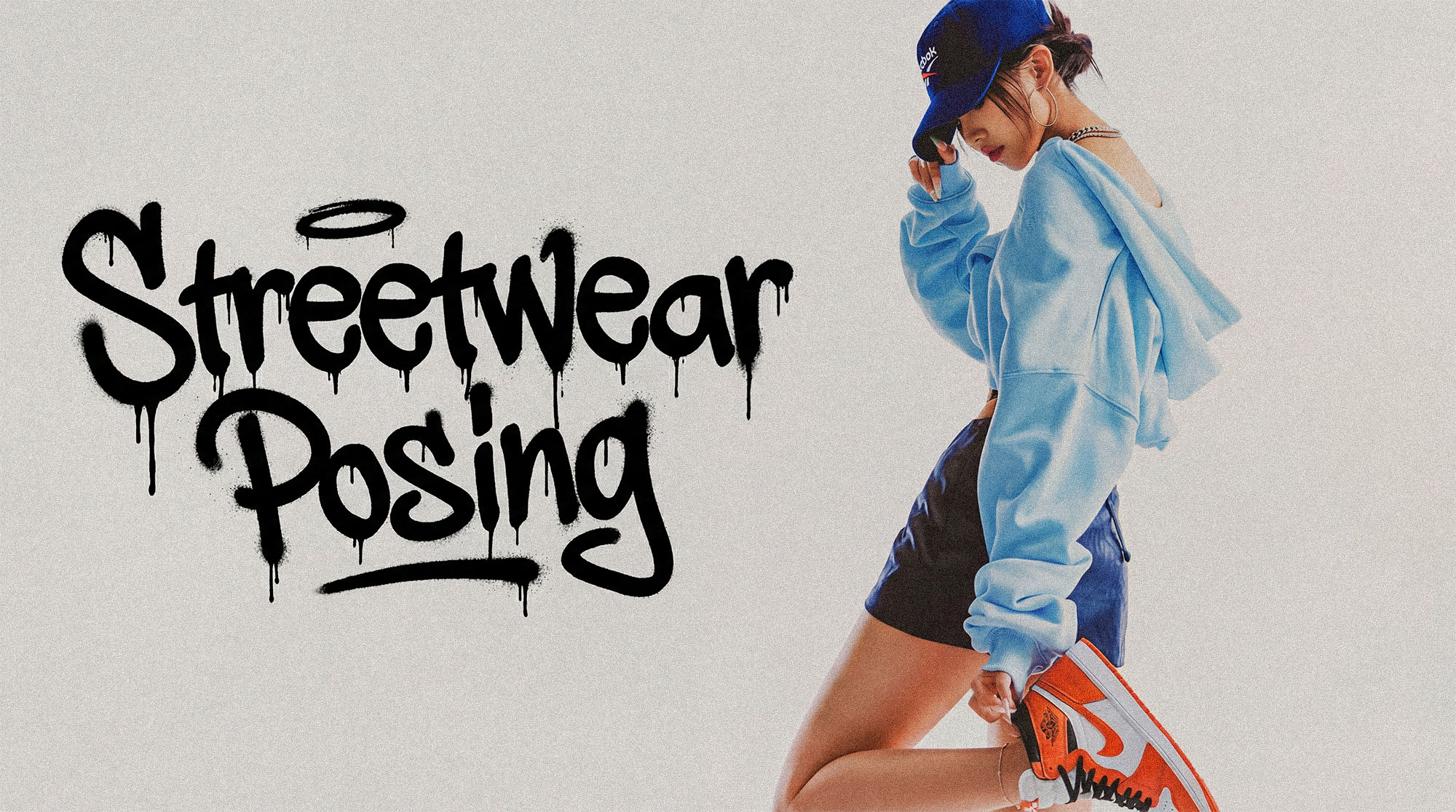
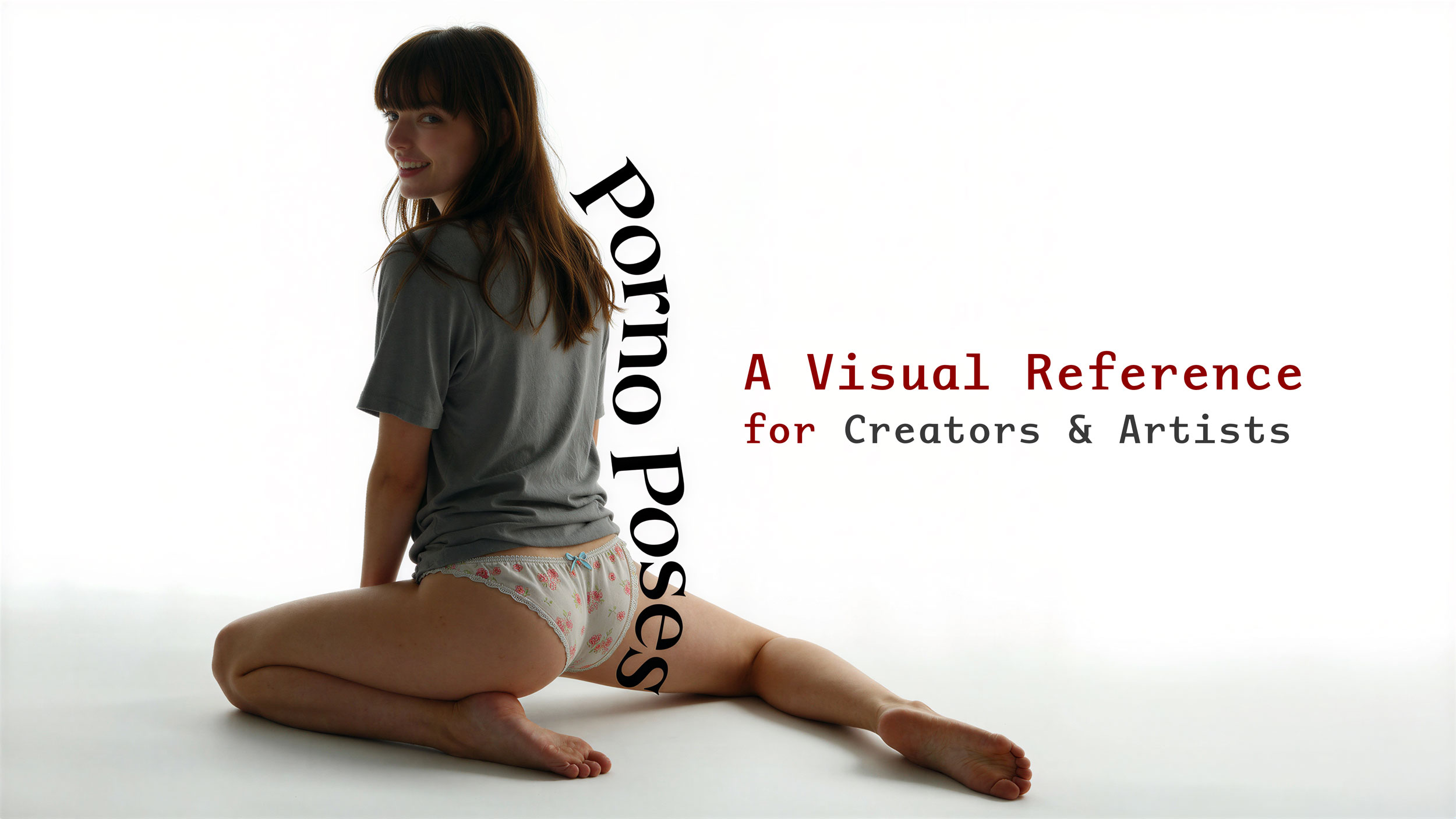
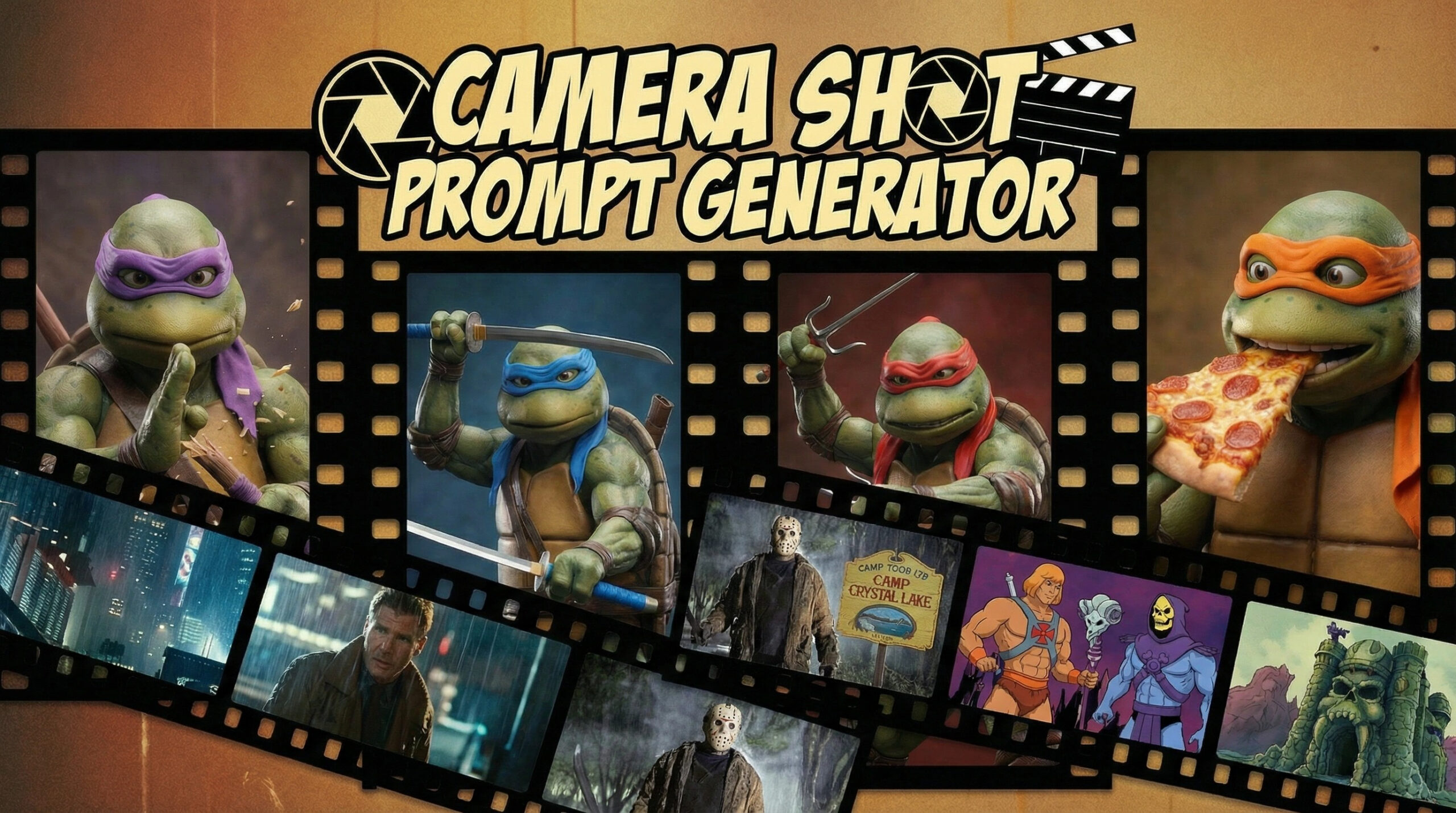

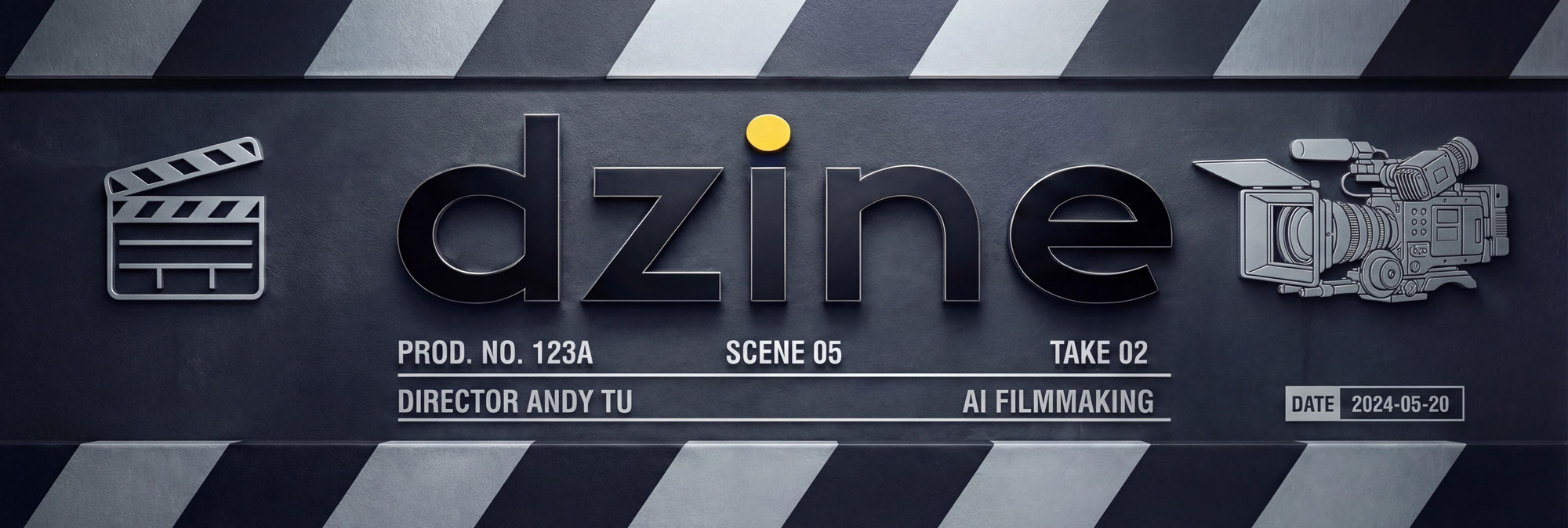
Leave a Reply